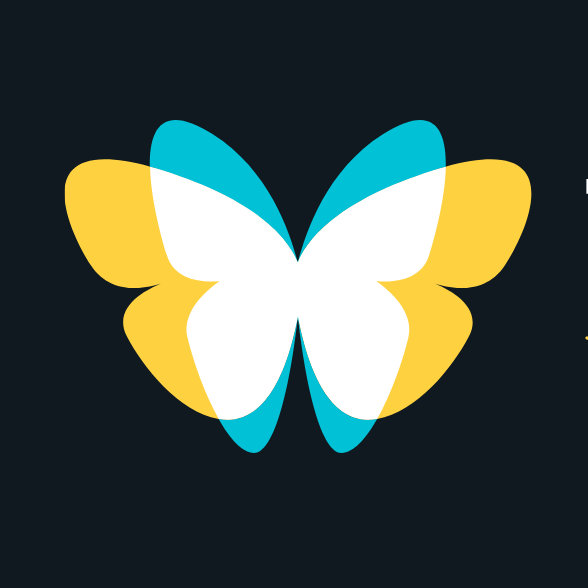The following post originally appeared on the Templeton World Charity Foundation blog. It is reposted…


The following post originally appeared on the Templeton World Charity Foundation blog. It is reposted…
DORA chair, Prof. Stephen Curry made a short introduction to DORA for the Global Research Council conference on Responsible Research Assessment, which was held online over the week of 23-27 November 2020. He briefly explains the origins of DORA, the meaning of the declaration, and how DORA developed into an active initiative campaigning for the world-wide reform of research assessment.
DORA seeks nominations and self-nominations from North and South America to fill two open positions on our international Advisory Board.
We are pleased to announce a new briefing document from DORA and colleagues, “Rethinking Research Assessment: Ideas for Action,” which provides five design principles to help universities and research institutions improve their research assessment policies and practices.
The COVID-19 pandemic has upended daily life around the world, forcing individuals and organizations to adapt rapidly to unanticipated circumstances. The changes in universities and research institutions have been dramatic.
The emergence of COVID-19 has drastically upended the academic enterprise. Because of physical distancing, many non-tenured faculty members are facing additional, unexpected obstacles in their promotion and tenure trajectory. Transitioning classes to online learning environments will detract from research efforts, and winding down laboratory operations will result in a more direct reduction in research output. While trying to stay healthy themselves, many faculty members are also balancing job responsibilities with kids at home, adapting to telework, etc.
As Alison Mudditt described in her Scholarly Kitchen post last month, the path to reforming research assessment has been met with significant challenges. We agree with her that culture change is often a slow process. However, as DORA demonstrates, it is possible to identify tangible progress on the path to large-scale research assessment reform.
As 2019 winds down, the DORA steering committee and advisory board wanted to highlight the ways research assessment reform has advanced in the last year. From new data on assessment policies to the development of new tools, the scholarly community is taking action to improve research assessment in concrete ways.
On Wednesday April 3, 2019, we hosted a #sfDORA community interview with Janet Halliwell to learn more about the 2017 report from the Federation of the Humanities and Social Sciences in Canada, Approaches to Assessing Impacts in the Humanities and Social Sciences. We also wanted to hear about a new project she is working on to improve assessment in the Humanities and Social Sciences (HSS) by creating a standardized vocabulary of terms related to research assessment.
DORA turns 6 years old this week. Or, as we like to say, this year DORA reached 14,000—that’s how many people have signed DORA, and they come from more than 100 countries! Each signature represents an individual committed to improving research assessment in their community, in their corner of the world. And 1,300 organizations in more than 75 countries, in signing DORA, have publicly committed to improving their practices in research evaluation and to encouraging positive change in research culture.